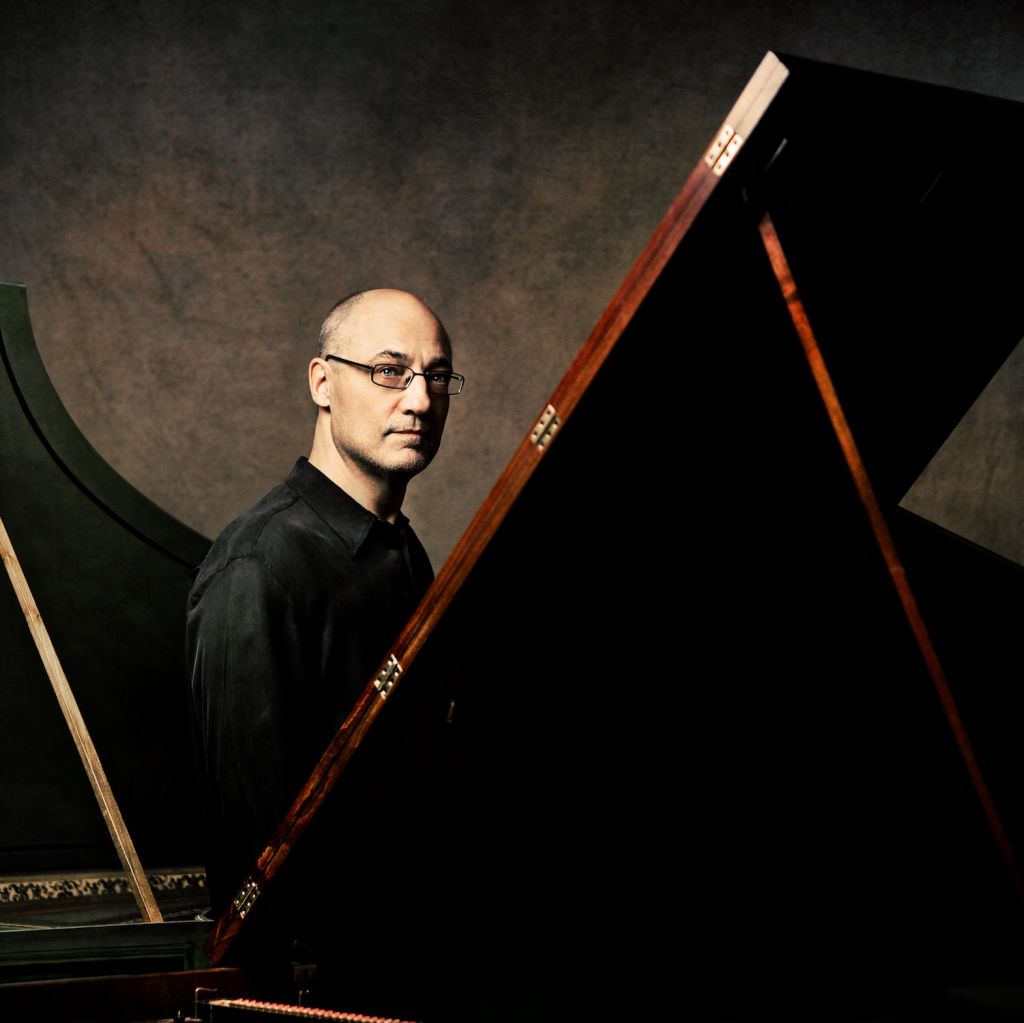Copyright © 2024 KS-schoerke.de


Andreas Staier – Harpsichord and fortepiano
Andreas Staier | Harpsichord | Fortepiano
Harpsichord
…pour passer la mélancolie
Johann Jacob Froberger
Plainte faite à Londres pour passer la Mélancolie, laquelle se joue lentement avec discrétion
Courante
Sarabande
Gigue
Jean-Henry d’Anglebert Pièces de Claveçin Livre premier (1689)
Fugue grave pour l’Orgue. Fort lentement
Johann Caspar Ferdinand Fischer Musicalischer Parnassus (aus der Suite Urania)
Toccata
Passacaglia
Louis Couperini
Prélude
Allemande grave
Courante
Sarabande
Chaconne
Tombeau de Mr. de Blancrocher
** interval **
Jean-Henry d’Anglebert Pièces de Claveçin Livre premier (1689)
Prélude
Tombeau de Mr. de Chambonnières. Fort lentement
Chaconne Rondeau
Johann Caspar Ferdinand Fischer Ariadne Musica (1702)
Ricercar pro Tempore Quadragesimae super Initium Cantilenae: Da Jesus an dem Creutze stund
Louis-Nicolas Clérambault 1er Livre de Pièces de Claveçin (1704)
Prélude. Fort tendrement
Allemande. Lentement
Courante
Sarabande Grave
Gigue. Vite
Georg Muffat Apparatus Musico–Organisticus (1690)
Passacaglia
Bach and France
Jean-Henry d’Anglebert from Pièces de Clavecin, Première Suite in G major
Prélude
Allemande
3e Courante
Sarabande. Lentement
Gigue
Chaconne. Rondeau
J. S. Bach Fantasia for harpsichord in A minor BWV 904
Jean-Henry d’Anglebert Fugue grave pour l’Orgue. Fort lentement
4e Fugue sur le même Sujet
Nicolas de Grigny “Premier Livre d’Orgue” Dialogue sur les Grands Jeux (Kyrie)
J. S. Bach The art of Fugue BWV 1080
Contrapunctus 5
Contrapunctus 6 per Diminutionem, in Stylo Francese
Couperin “L’Art de toucher Le Clavecin” Septième Prélude in B flat major
Couperin “Sixième Ordre”
Les Moissonneurs
Le Gazoüillement
La Bersan
Les Bergeries. Rondeau
Les Baricades Mistérieuses
***
J. S. Bach Partita 4 D major BWV 828
Fortepiano
“How Staier in the D minor Sonata initially elaborates the recitative, how he chooses a tempo in the finale that renounces all sportingness, how rousingly he captures the rhythms in the second movement of the E flat major Sonata and how succinctly he flies through the finale, betrays depth. Even in the variations, Staier organizes the individual voices orchestrally, abruptly changes moods and organizes the dramaturgy in a very coherent way. A meticulous Beethoven appreciation.” ( March 2020, Christian Lahneck, Concerti)
Program:
Mozart Fantasia C minor K 475
Haydn Sonata E-flat major Hob. XVI/49
Haydn Variations F minor Hob. XVII/6
***
Schubert Piano sonata B-flat major D. 960

